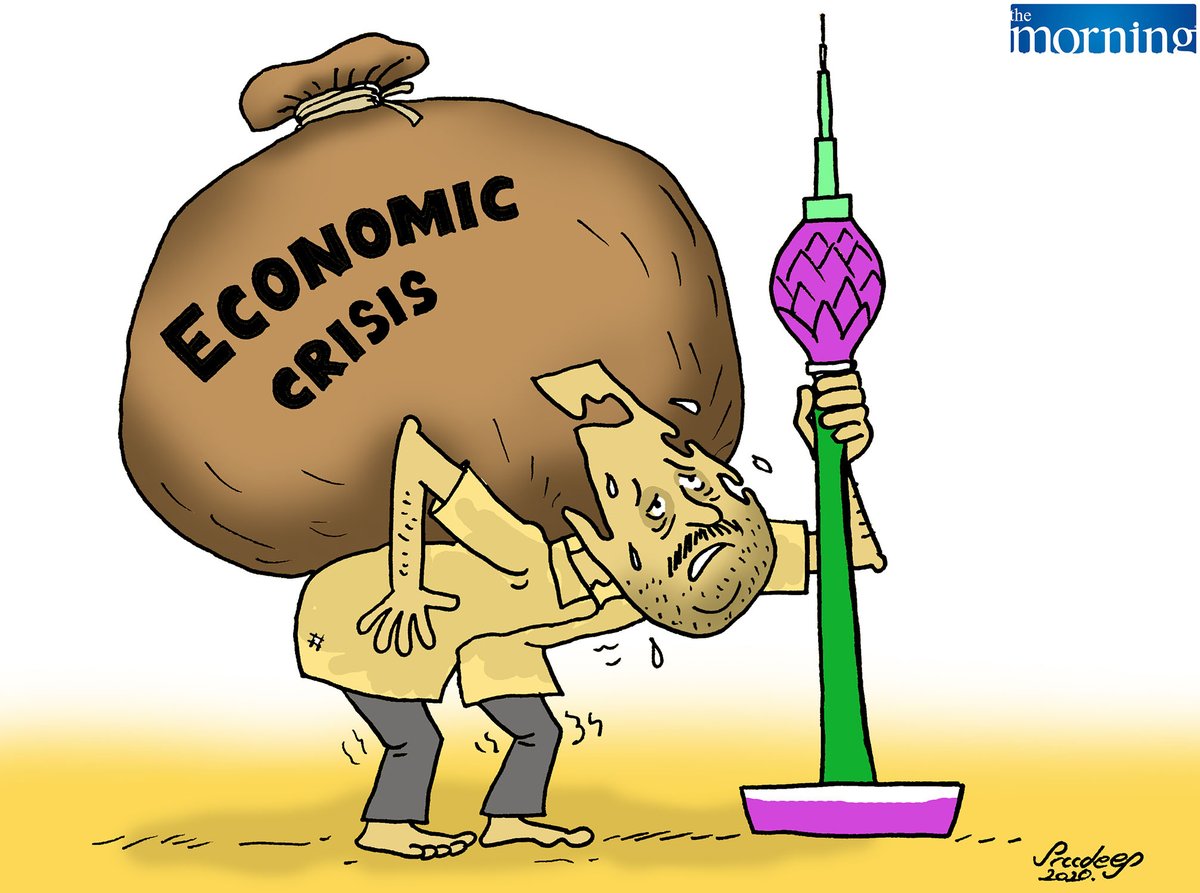Revenue performances for this year have not been in line with expected targets and there has been a “significant” shortfall in the revenue performance this year, the Treasury has conceded.
In a circular, Treasury Secretary K.M. Mahinda Siriwardene instructed government institutions to stick to the stringent expenditure control measures until further notice as the Government was still struggling “for various reasons” amid fiscal challenges and inadequate revenue performance. “Despite the gradual improvements observed in many areas including the primary balance of the government budget, the fiscal sector still faces serious and complex issues with no fiscal space to accommodate many requests for funding due to the scarcity of fiscal resources,” the Treasury Secretary noted in the circular titled “Guidelines for the Preparation of Annual Estimates 2024″.
The circular was addressed to ministry secretaries, provincial chief secretaries, heads of departments, chairpersons of state corporations, the University Grants Commission and statutory boards.
It is critically important that government expenditures are managed carefully and efficiently considering the limited fiscal space and the need for channeling scarce resources to essential areas while making all efforts to efficiently manage expenditure, Secretary Siriwardena said while stressing “public finances of the country should be managed with the utmost care, discipline and accountability.”
According to the circular, there will be no provision of funds allocated to the Provincial Councils (PCs) under line ministries, or departments for functions directly assigned to PCs.
The circular said this was “to avoid overlapping programmes carried out by line ministries and departments at regional level with PCs. This should be prepared in coordination with PCs.
As per the medium-term macroeconomic targets under the International Monetary Fund’s Extended Fund Facility, the primary balance of the budget which is estimated to be a deficit of 0.7 percent of Gross Domestic Product (GDP) in 2023 needs to be increased to a surplus of 0.8 percent of GDP in 2024 to reach a surplus of 2.3 percent of GDP in 2026, the circular noted.
“This has to be achieved through a combination of revenue-enhancing and expenditure-rationalisation policies.”
To reach the targeted primary balance of the budget, the Secretary stressed that government expenditure should be managed prudently while continuing the stringent expenditure control measures.
Accordingly, heads of state institutions are instructed to adopt a “zero-based budgeting approach” while “making a transformational change through minimum inputs” aiming at curtailing government expenditures when estimating the expenditures for the Budget 2024.
When preparing budget estimates, heads of departments of spending agencies are told to carry out only activities that are relevant to the performance of the core functions assigned to the respective ministries and departments and withdraw from performing irrelevant tasks, and assign them to appropriate institutions.
The implementation of development programmes and projects by departments and institutions should be carried out under the coordination of the ministry, instead of direct implementation by the ministries, one of the guidelines reads.
The institutions are instructed to conduct independent monitoring and evaluations on the results and performances of mega projects as well.
Entities and divisions whose functions are duplicated or no longer required are to be consolidated or abolished. The heads of the departments are also told to carry out a cadre review to abolish positions of which functions are similar or no longer needed and deploy the staff only for the core functions of the concerned institutions as far as possible.
Accordingly, government subsidy programmes are to be reviewed for their compatibility with the current condition of the country and to be reorganised so that benfits are channeled only to the essential beneficiaries while working together with the Welfare Benefits Board.


